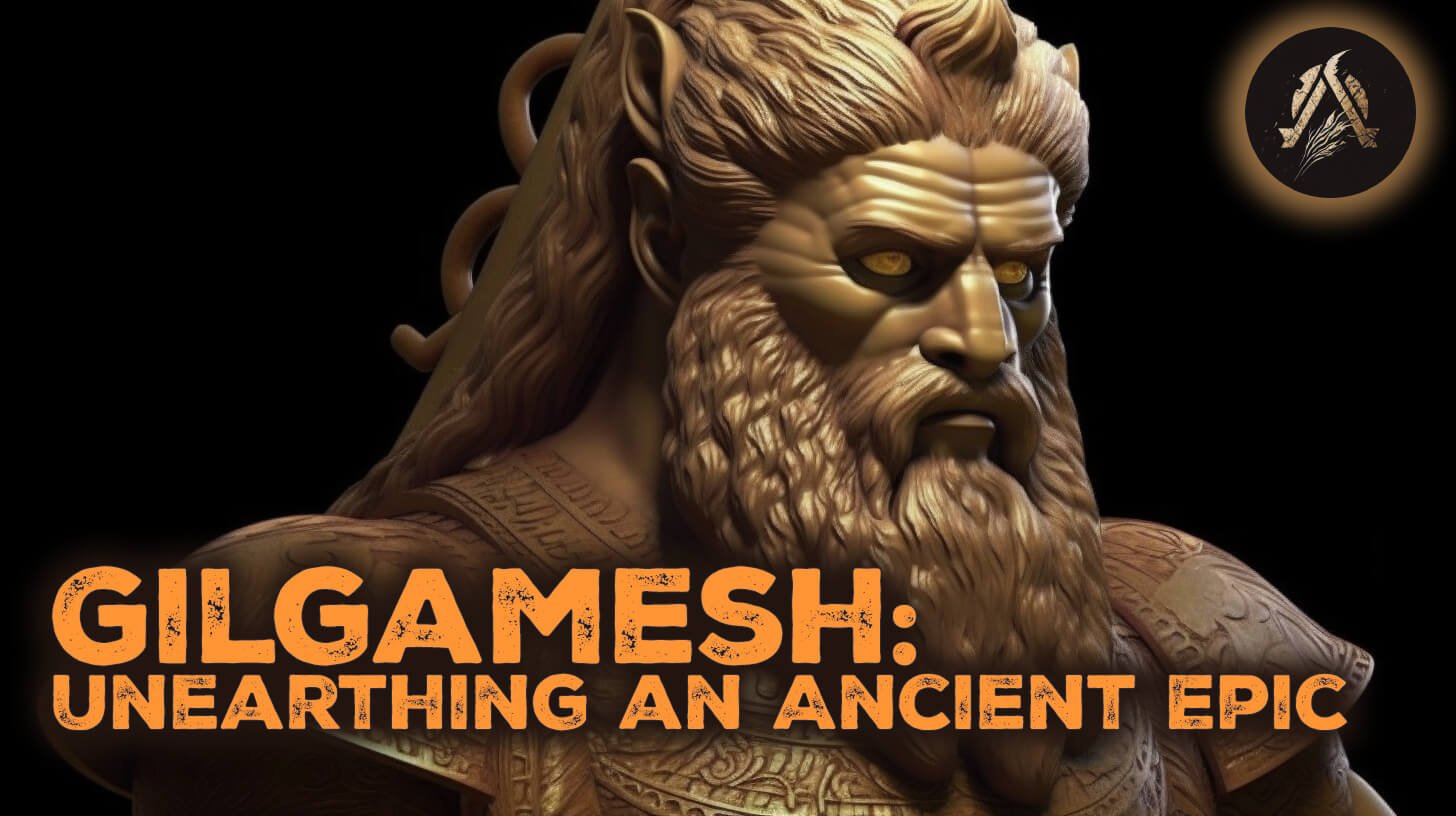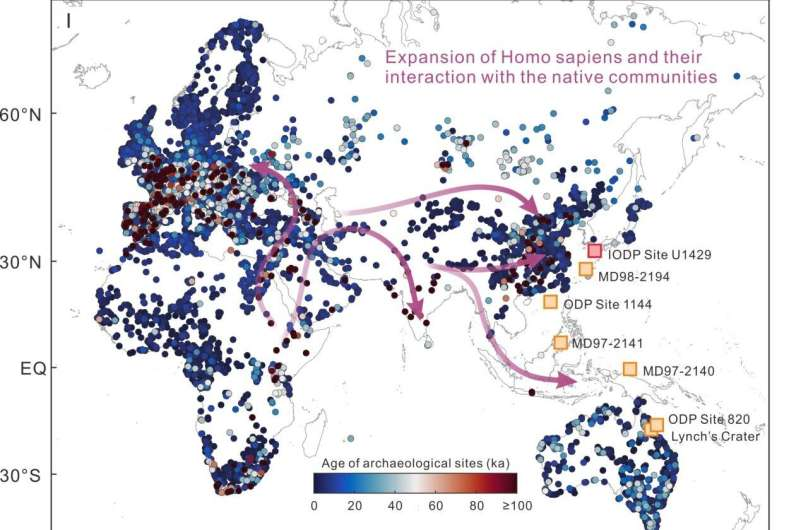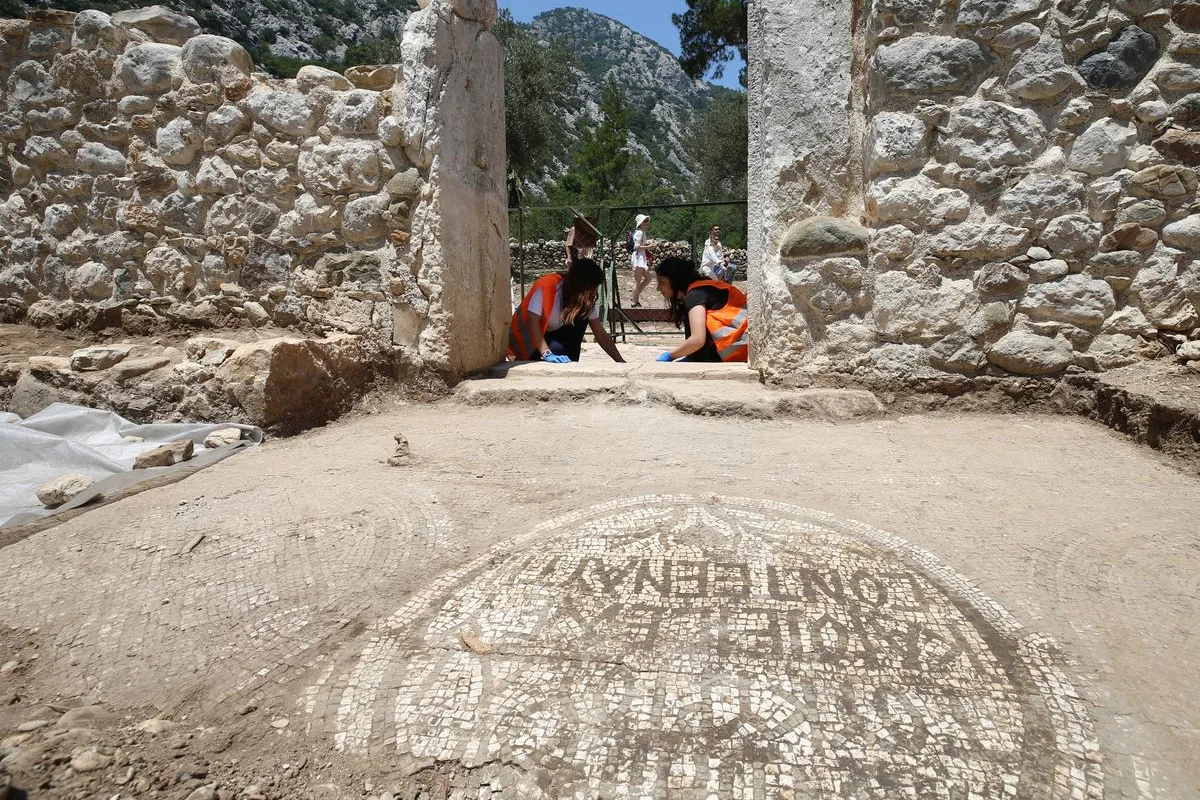BY THE ARCHAEOLOGIST EDITOR GROUP
The original texts of the Epic of Gilgamesh date back to around 2100 BC and are a literary masterpiece and one of the oldest surviving works of literature. An epic poem detailing the exploits of the legendary king Gilgamesh. A window into the beliefs and values of the Mesopotamians is provided by this epic. Still, it raises many questions and mysteries that have fascinated academics and readers for decades.
Gilgamesh, king of Uruk, is introduced in the first section of the epic of Gilgamesh. He's portrayed as a cruel dictator who uses his power to oppress his people and indulges in all sorts of dangerous behavior. Uruk's citizens, however, turn to the gods for assistance, and in response, the goddess Aruru creates a man of great strength by the name of Enkidu who will stand up to Gilgamesh. After an initial fight, the two men end up becoming fast friends and going on a number of adventures together.
Enkidu's background is one of the epic's biggest mysteries. The goddess Aruru fashions him out of clay and water, and he subsequently leads a nomadic existence in the woods alongside various wild creatures. A prostitute by the name of Shamhat, however, quickly seduces and domesticates him. It's not clear why Enkidu was made or why a human female can so easily domesticate him.
The purpose of the gods in the epic is another unanswered question. The gods are portrayed as all-knowing, arbitrary beings who can meddle in the affairs of mortals at will. They aren't always clear on why they help or hinder Gilgamesh and Enkidu in their adventures. Some academics contend that the gods are symbolic representations of elements in the natural world, while others hold that they are merely a reflection of human psychology.
The goddess Ishtar tries and fails to seduce Gilgamesh, and her story is just one of many interwoven tales within the main narrative of the epic. After being rejected, Ishtar becomes enraged and sends the Bull of Heaven to annihilate Uruk. Enkidu helps Gilgamesh kill the bull, but he is cursed and dies shortly after. Because of this, Gilgamesh embarks on a doomed mission to achieve immortality.
The epic's central theme, the search for immortality, is just one of many mysteries that have fascinated readers for centuries. What led the people of Mesopotamia to think that immortality was possible and even within their grasp? The search for immortality has been interpreted by scholars in various ways; some see it as a metaphor for the pursuit of knowledge or enlightenment, while others see it as a reflection of the yearning for power and mastery over one's own destinies.
In spite of these unanswered questions, the epic of Gilgamesh provides an intriguing window into the worldview of the ancient Mesopotamians. It's an insight into their culture, customs, and religion. Friendship, loyalty, and fortitude in the face of adversity are also emphasized.
Academic interest in the Gilgamesh epic has been on the rise in recent years as scholars attempt to pin down the text's significance and meaning. In addition, the story has served as inspiration for numerous works of modern literature and art, including those of authors such as J.R.R. Tolkien and George R.R. Martin. The epic has proved that storytelling and the human imagination can last forever.







